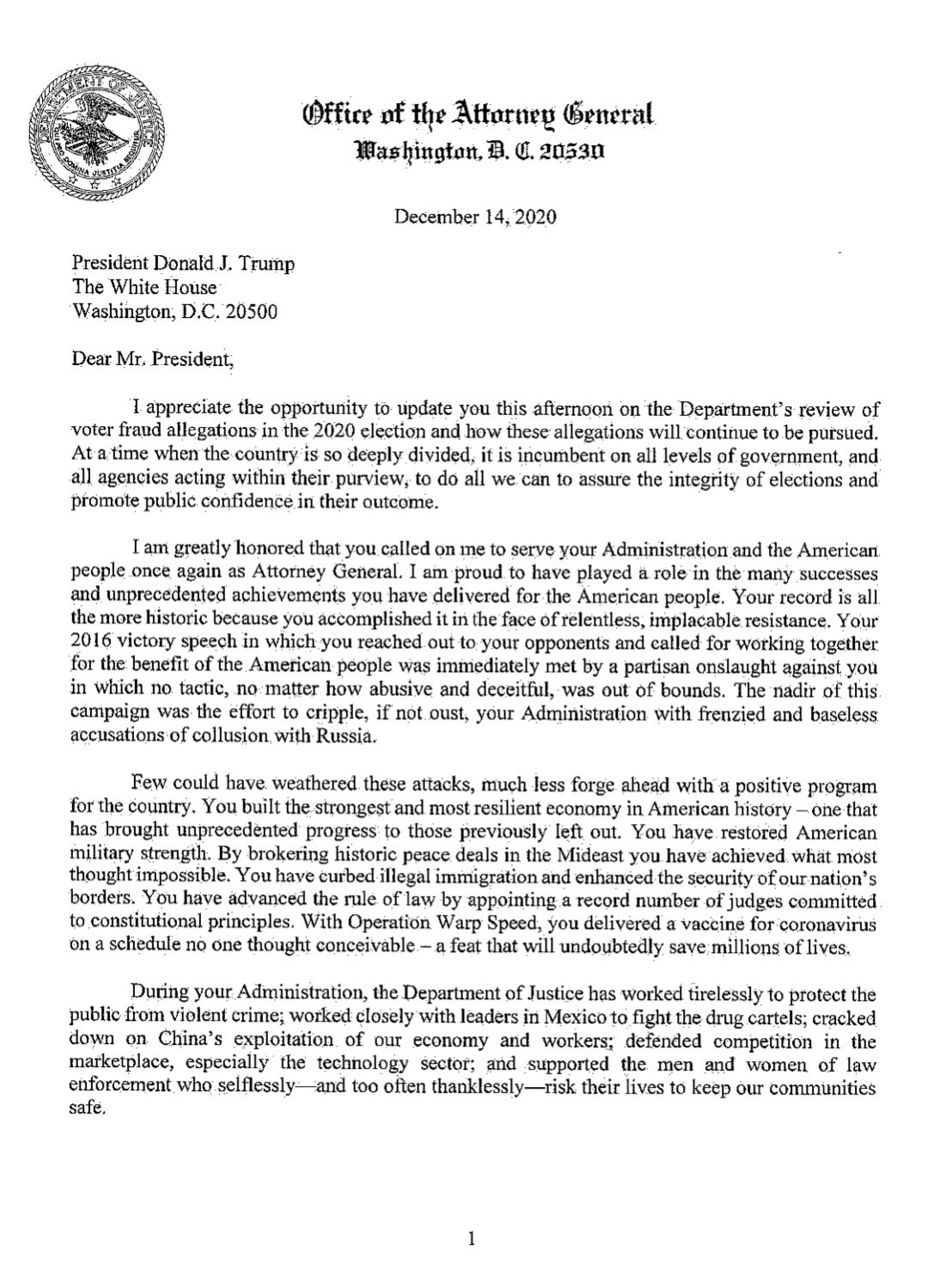It is a cyber war of a financial order…against America..
Let’s begin here with Section 230 shall we? Full immunity…and never amended. Just how decent is big tech? Well on the heels of Alphabet, the parent company of Google giving exclusive assistance to then candidate Hillary Clinton and later as we find out that all big tech uses our data, which we are forced to approve is their terms of service as we are users, while they make big money off of us. Then we find out the conspiracy and collusion between all big tech operations against little and new Parler, much less thousands of other websites as competitors, big tech is more powerful than the Federal government.
Section 230 is a piece of Internet legislation in the United States, passed into law as part of the Communications Decency Act (CDA) of 1996 (a common name for Title V of the Telecommunications Act of 1996), formally codified as Section 230 of the Communications Act of 1934 at 47 U.S.C. § 230.[a] Section 230 generally provides immunity for website publishers from third-party content. At its core, Section 230(c)(1) provides immunity from liability for providers and users of an “interactive computer service” who publish information provided by third-party users:
No provider or user of an interactive computer service shall be treated as the publisher or speaker of any information provided by another information content provider.
The statute in Section 230(c)(2) further provides “Good Samaritan” protection from civil liability for operators of interactive computer services in the removal or moderation of third-party material they deem obscene or offensive, even of constitutionally protected speech, as long as it is done in good faith.
There has been hearing after hearing on The Hill in many committees where the CEO’s of big tech are called on their abuses and they simply defer to feeble apologies or blame algorithmic operations. As President Trump worked diligently to stop or amend Section 230….it ever happened at the congressional level…reading on, perhaps we know why…

Donations and donations and more donations.
TheBlaze reports: The Biden Inaugural Committee released its list of donors, which included big tech companies Google, Microsoft, and Qualcomm. The Biden Inaugural Committee published the list of its top donors on Saturday, all of whom contributed “over $200 to the 59th Presidential Inaugural activities.”
Besides the big tech giants, other notable benefactors include multinational telecommunications conglomerate Verizon, cable television behemoth Comcast, mass media company Charter Communications, defense and aerospace manufacturer Boeing, health insurance provider Anthem, and medical technology company Masimo Corporation.
Several unions made donations, including the American Federation of Teachers COPE, United Food And Commercial Workers, and the International Brotherhood of Electrical Workers.
The amount of the donations are not provided, but the committee will have to disclose that information within 90 days after Inauguration Day, according to FEC guidance.
“President-elect Joe Biden’s newly formed inaugural committee will accept donations from individuals up to $500,000 and from corporations up to $1 million,” CNBC reported on Nov. 30.
An organization can be named a chair of the inaugural if it gives $1 million, and an individual can be designated as a chair if they donate $500,000. The VIP chair package includes “an invitation to virtual events with the President-elect and Vice President-elect and their spouses with virtual signed photos, along with ‘preferred viewing’ for the inauguration, among other things,” according to Fox News.
A since-deleted “donor” page on the Biden inauguration website had stated the committee “does not accept contributions from fossil fuel companies (i.e., companies whose primary business is the extraction, processing, distribution or sale of oil, gas or coal), their executives, or from PACs organized by them.”
Biden’s campaign had also banned donations from lobbyists and the oil and gas industry. Employees of fossil fuel companies were allowed to donate up to $200.
Biden’s inauguration on Jan. 20 is expected to be significantly smaller in scale because of the coronavirus pandemic. Biden’s inauguration will have a “virtual parade across America,” and feature “diverse, dynamic” performances.
“The parade will celebrate America’s heroes, highlight Americans from all walks of life in different states and regions, and reflect on the diversity, heritage, and resilience of the country as we begin a new American era,” the inaugural committee said in a press release.
“We are excited about the possibilities and opportunities this moment presents to allow all Americans to participate in our country’s sacred inaugural traditions,” said Presidential Inaugural Committee executive director Maju Varghese.
President Donald Trump has proclaimed that he will not attend Biden’s inauguration.








:no_upscale()/cdn.vox-cdn.com/uploads/chorus_asset/file/22020273/Screen_Shot_2020_11_06_at_7.14.22_PM.png)